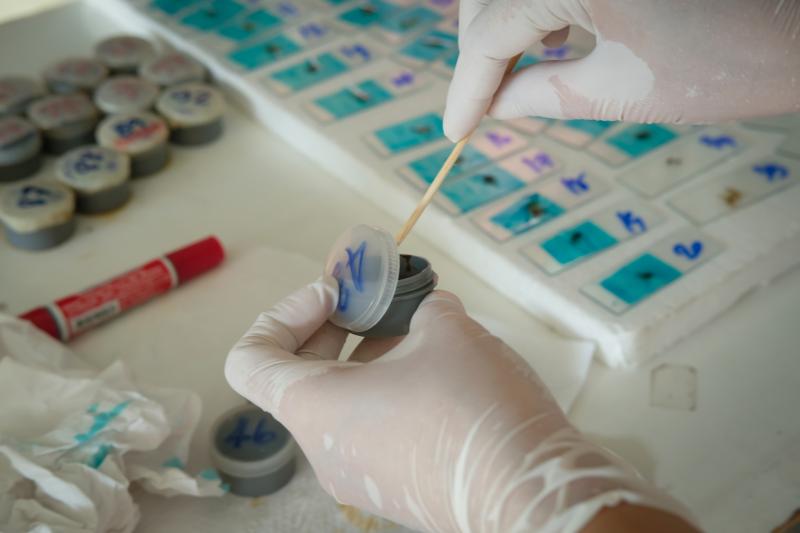
Patients with treatment-refractory irritable bowel syndrome (IBS) with predominant bloating may fare well with faecal microbiota transplantation (FMT), which has been shown in a study to induce symptom relief. However, the beneficial effects wane over 1 year, and a second FMD appears to re-establish the benefits but only in those who have shown a prior response.
Sixty-two patients with refractory IBS were randomized to undergo a single-dose nasojejunal administration of donor stools (n=43) or autologous stools (control; n=19) and were followed for 1 year. They completed a daily symptom diary to evaluate IBS-related symptoms including general abdominal discomfort, abdominal bloating, abdominal pain, and flatulence on a scale of 1 to 6. They also recorded the number of daily bowel movements, consistency of the stools, and the abdominal circumference.
At week 12, significantly more patients given the donor stool experienced relief in IBS symptoms and bloating (56 percent vs 26 percent; p=0.03) than those receiving the autologous stool. Specifically, administration of donor stools led to marked improvements in level of discomfort (–19 percent), stool frequency (–13 percent), urgency (–38 percent), abdominal pain (–26 percent), flatulence (–10 percent), and quality of life (–16 percent).
In the donor stool group, more women than men showed response (69 percent vs 29 percent; p=0.01). Prior to treatment, faecal samples from responders had notably higher diversity of microbiomes (p=0.04) and distinct baseline composition (p=0.04) than samples from nonresponders, although there were no specific marker taxa associated with response.
The effect of a single FMT lasted longer than a year in 21 percent of patients in the donor stool group as opposed to only 5 percent in the autologous stool group. A second FMT reduced symptoms in 67 percent of patients with an initial response to donor stool, but none of those with a prior nonresponse. FMT appeared safe and was well-tolerated by the patients.
Based on the findings, researchers noted that the composition of the faecal microbiomes before FMT might be used as a biomarker to select patients for this treatment.